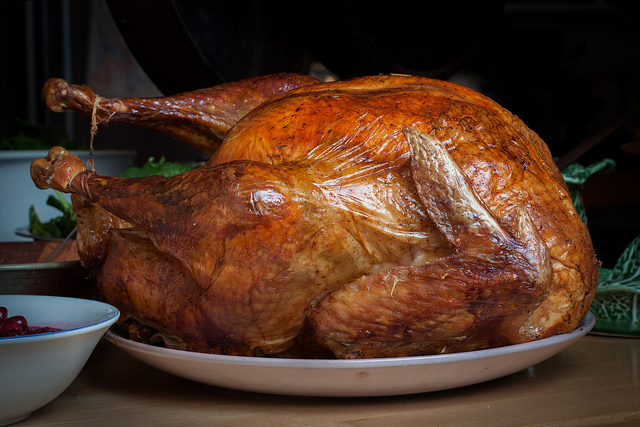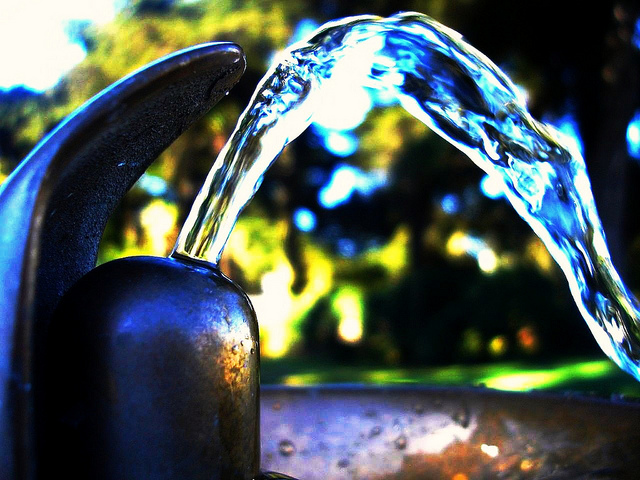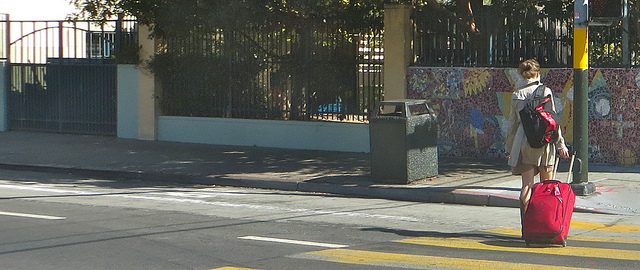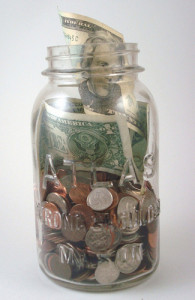Oh, the places you’ll go!!! Your au pair year is full of experiences! Some even chose to travel abroad during this time! Before you travel outside the U.S. during your year, you must send your DS2019 and a travel request form to the Connecticut office for a travel validation signature. Once the form has been signed one time, it does not need to be sent in again. One signature is valid for the entire year.
**Plan to send this at least three weeks before your trip departure.***
 If you plan to travel outside the U.S., it is very important to check with the consulate of the country you are planning to visit at least one month before your trip to find out whether you need a visitor’s visa or a transit visa for any stop-overs. Regulations change frequently, so it is important to check for current visa requirements. If you are an extension au pair planning to travel outside of the US, please see the travel visa section for more information.
If you plan to travel outside the U.S., it is very important to check with the consulate of the country you are planning to visit at least one month before your trip to find out whether you need a visitor’s visa or a transit visa for any stop-overs. Regulations change frequently, so it is important to check for current visa requirements. If you are an extension au pair planning to travel outside of the US, please see the travel visa section for more information.
For a list of countries whose citizens require a visa to visit Canada, click here. If you need a visa to visit Canada, you can find the form and further information here. You may need to apply for an eTA – Electronic Travel Authorization.
Please note: the Canadian consulate no longer accepts in-person applications for a temporary resident (visitor’s) visa. All visa applications for Canada must be mailed and can take more than 30 days to process. Plan your trip accordingly.
All visitors to Mexico must have a tourist card that can be obtained at the border. You can find details about this card here. As long as you hold a valid U.S. visa (J-1) in your passport, you will not need any additional visas to travel to Mexico. Au pairs in their second year who want to travel to Mexico may need to obtain a tourist visa in advance from a Mexican consulate in the United States. You should have at least six months of validity left on your passport in order to apply for a visitor’s visa to Mexico.
Check here for the consulate closest to you. Contact them as far in advance as possible to find out if you need a visa and how long it will take to get one.
Extension Au Pairs: In your extension year, travel outside the U.S. is restricted. Please contact me before making any plans to travel outside the U.S. in your extension year.
Have a great trip!
Photo – 7th Groove {flickr}


 Homesickness can be a problem during the holidays, even if it hasn’t been at any other time of the year. Au pairs often miss their friends and family, familiar places and their own traditions and customs. The holiday activities in the United States seem, and may actually be, different just at a time when an au pair would welcome something familiar.
Homesickness can be a problem during the holidays, even if it hasn’t been at any other time of the year. Au pairs often miss their friends and family, familiar places and their own traditions and customs. The holiday activities in the United States seem, and may actually be, different just at a time when an au pair would welcome something familiar. 

 Dehydration means that the body lacks the necessary amount of fluid. Infants and small children are more likely to become dehydrated than older children or adults, because they can lose relatively more fluid quickly.
Dehydration means that the body lacks the necessary amount of fluid. Infants and small children are more likely to become dehydrated than older children or adults, because they can lose relatively more fluid quickly.
 Host parents often ask for suggestions on how best to handle common expenses that occur as au pairs are caring for the children.
Host parents often ask for suggestions on how best to handle common expenses that occur as au pairs are caring for the children.